By Marcel Mbamalu, PhD
Since 2018 when the ruling All Progressives Congress (APC) began its national elections and convention jigsaw, many knew that the chain of events ahead of 2023 would be melodramatic at the very least.
The latest in what seemed an episode of the melodrama is the sacking, Tuesday, of Ebonyi State governor, David Umahi, from office by an Abuja court. To wit, Umahi’s deputy, Kelechi Igew, was to leave alongside his ‘oga.’
To those who expressed sadness when Umahi allegedly betrayed the now opposition Peoples’ Democratic Party’s (PDP) ‘sanctity’ in the Southeast, Tuesday’s ruling came as a sweet reward by a party that seems not regard Southeast support as a political advantage. However, those who know Nigeria’ political terrain also know about the intrigues that characterize the race for power around election times.
Join our WhatsApp ChannelUmahi’s saga is certainly one of such intrigues.
While some did not want to believe a judge had actually ruled against Umahi, others have since resurrected a plethora of laws to mirror the latest Abuja legal ‘hatchet’ job. The point of law begins with the question: Why would the court sack Umahi when it was not so in the cases of Atiku Abubakar, Bukola Saraki, Godwin Obaseki, Bello Matawalle, Benedict Ayade, Rochas Okorocha and a host of others who crossed from one political party to another while in office?
Just over a month ago, a federal high court in Gusau on February 7 quashed a PDP suit seeking to remove Zamfara State Governor, Bello Matawalle after he defected from PDP to APC. Bello had benefitted immensely from PDP’s support against the APC in the political tsunamis that buffeted Zamfara during the race for governor. In Bello’s case, the judge, Bappa Aliyu, said the 1999 Constitution does not prohibit defection, and that the court lacked jurisdiction in the matter since it was neither a pre-election nor a post-election matter.
The Umahi ruling, in fact flies in the face of daunting precedents (stare decisis), which the recent verdict of the Abuja court most shockingly undermined. Justice Inyang Ekwo said the votes that gave Umahi the governorship position came from the stable of the PDP and are not transferable to another party. The judge also ordered the INEC to conduct fresh elections in Ebonyi State in line with Section 221 of the 1999 Constitution. He said this seemingly in curious ignorance of the 90-day window for appeal as provided for under Section 25(2), (a) of the Court of Appeal Act as well as under Sections 240 and 241 of the 1999 Constitution.
It is noteworthy that sections 180 and 188 of the 1999 Constitution did not make elections a matter of political parties, but candidates who must be sponsored by a political party, but who owns the votes rather than a political party.
This follows from the ordinary sense that some non-partisan people vote in elections, while a member of a political party can vote a candidate from a rival party.
It should be remembered that the Supreme Court in Amaechi V. INEC had held that votes cast in an election belong to a political party. However, Section 141 of the Electoral Act, 2010 has since killed that idea and set forth that “An election tribunal or court shall not under any circumstance declare any person Winner of an election in which such a person has not fully participated in all the stages of the said election.” This makes it laughable that the PDP had forwarded names to INEC in obedience to the Abuja judge.
Note that INEC declares a candidate that satisfies certain conditions as provided for in extant laws as winner, not the party. In the case of NWANKWO & ANOR v. INEC & ORS (2019) the Court of Appeal noted that “… It is trite that it is only a natural person that can be lawfully declared and returned as a winner of an election. The Electoral Act, 2010 (as amended) only contemplates a person as winner of an election and not a political party. The Supreme Court in Attorney General of the Federation vs. former VP, Atiku Abubakar, held that the constitution did not bar a president and governor from defecting to another party. This situation was reiterated in the judgment of the Supreme Court in OZOMGBACHI v. AMADI & ORS (2018) LPELR-45152(SC) as herein noted:
“…I believe the Supreme Court has laid to rest the contention that it is the political party which contests and wins an election. In C.P.C. v OMBUGADU (2013) 18 NWLR (Pt. 1385), the court was categorical that individuals as candidates win election and not the political parties.” Per MARY UKAEGO PETER-ODILI, JSC (Pp. 48 – 49 Paras E – A).
Now that the Abuja decision is all but defeated, the next issue is the nuisance or distraction value of the judgment and its impact on Umahi’s suspected interests in the 2023 elections. Someone certainly wants to distract Umahi or to send warning signals about moving away from the oncoming Jagabanic train.
Don’t mind the speculations. Nigeria has reached this level of jest where rumour mills grind fast. At least Umahi has quickly appealed the judgement, giving credence to what some dismissed as social media ruse and a waste of time by the Abuja hatchet man.
As we wait for the gladiators in this judicial twist to show up, one only has to expect the bizarre, given that Nigeria is a theater of the absurd.
In all the drama, the judiciary will remain the biggest loser, and the infantile puppet or handbag of the executive and legislative arm of government.
Or what lesser disdain can such an exalted arm of government bring on itself?
Marcel Mbamalu, PhD is a Development Journalist, Editor and Trainer.





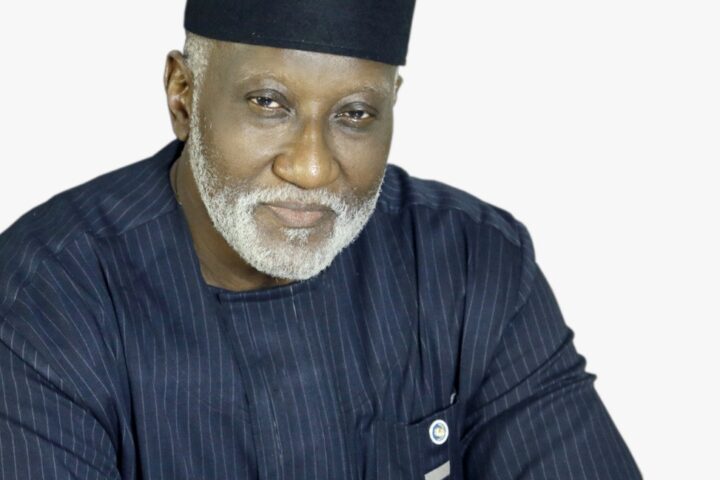
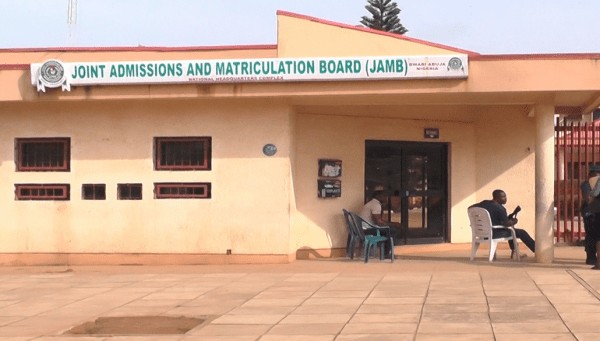

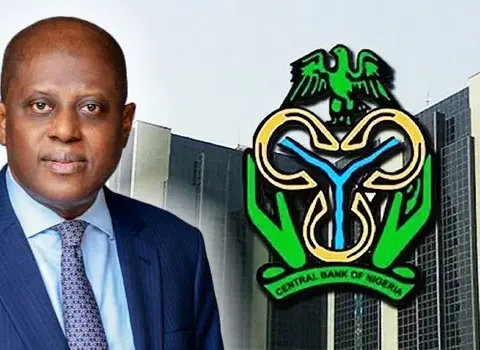
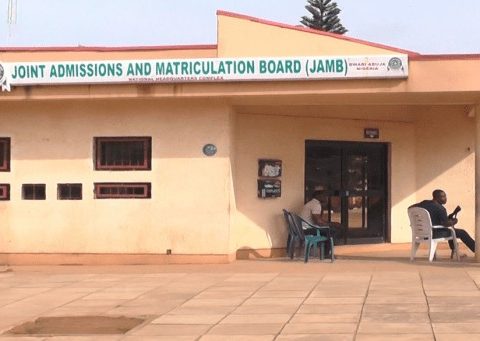
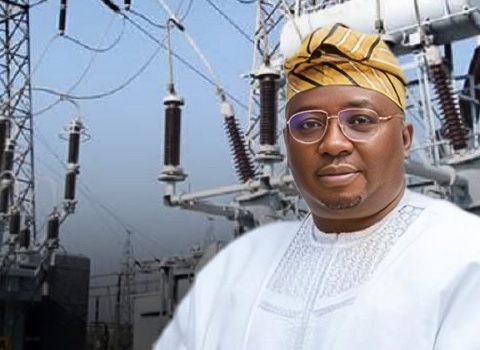





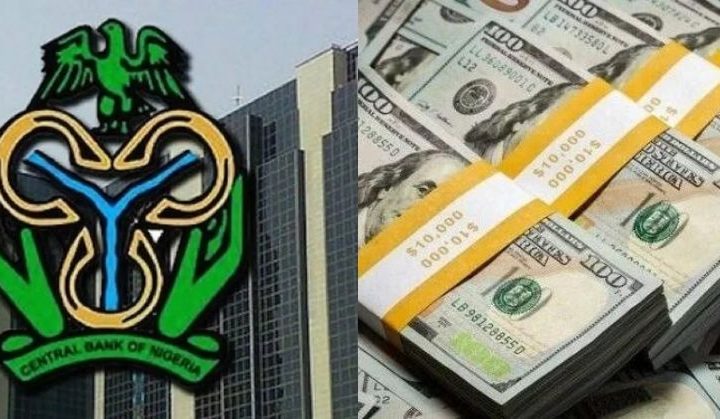
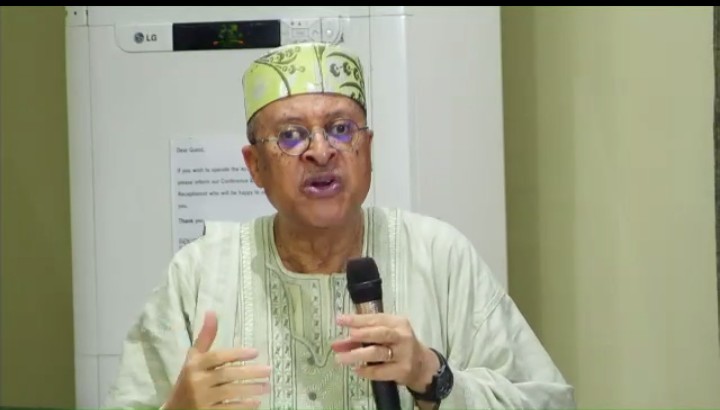

The reason why Umahi’s case was different from others cases (Atiku Abubakar, Bukola Saraki, Godwin Obaseki, Bello Matawalle, Benedict Ayade) might be Fate. Everybody’s fate can never be same. Besides, he should have considerd been done with his governorship position before leaving PDP.